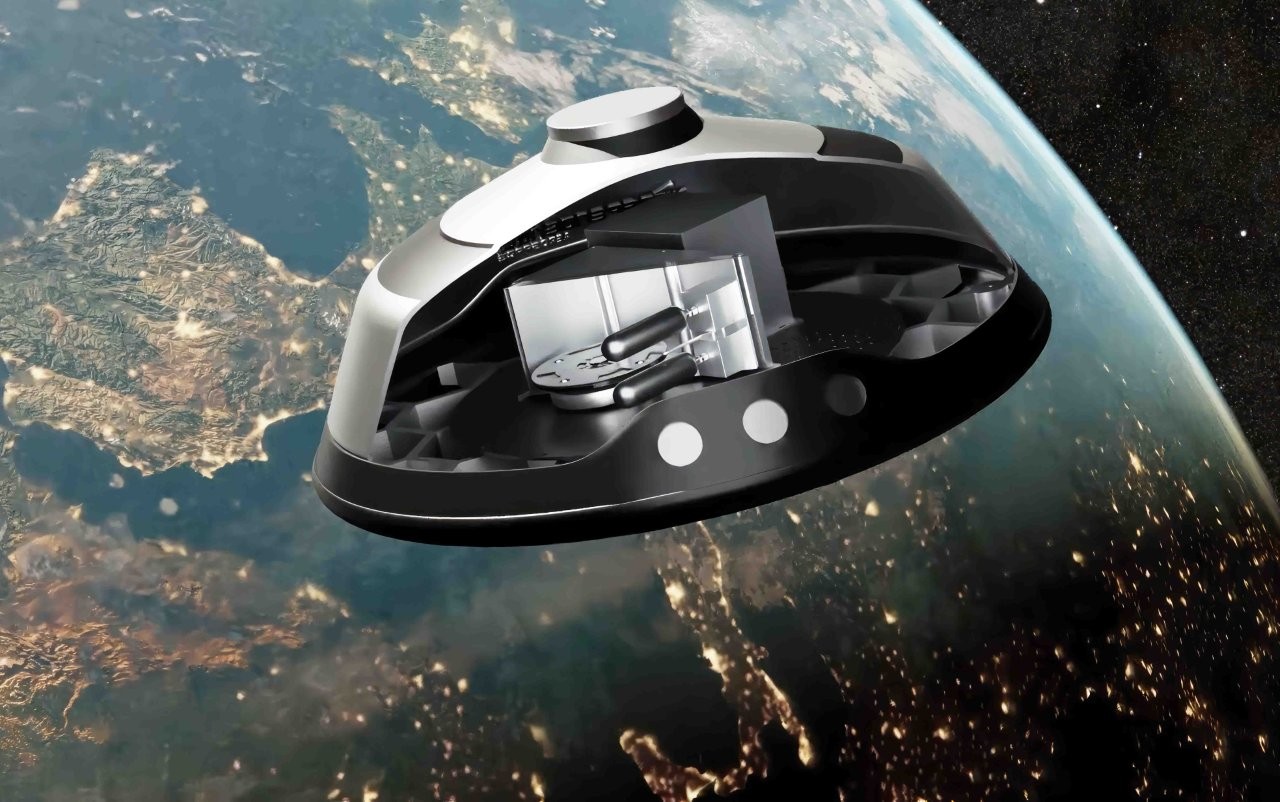In a pioneering move toward enabling independent life beyond Earth, Dutch biotech-aerospace company SpaceBorn United has confirmed the successful launch and data return from the world’s first IVF minilab prototype designed specifically for human reproduction research in space.
The mission — launched 21 April 2025 on SpaceX’s Bandwagon-3 — marks the first time a system engineered to support early stages of human reproduction has been deployed in orbit.
Spaceborn says this marks an important step toward realising ARTIS (Assisted Reproductive Technology In Space), a fully automated IVF minilab designed to safely enable conception and early embryonic development in space. It also lays critical groundwork for independent future human settlements beyond Earth, and advancements in fertility treatments on Earth.
Telemetry confirmed that ARTIS’ core systems – including its custom-designed microfluidic device and life-support systems – survived the stresses of launch and orbital deployment intact.
Onboard yeast cultures (in subsequent missions, mouse embryos will be used) survived successfully, validating key life support mechanisms with onboard sensors and images confirming all internal components remained secured and operational despite partial visual degradation.
“This is a milestone for SpaceBorn United and has opened a new chapter in reproductive space science,” said Dr Egbert Edelbroek, CEO of SpaceBorn United. “For the first time, hardware built specifically to enable stages of human reproduction in space has been tested in space.
Although no human biological material was included in this inaugural flight, the ARTIS minilab has been designed to provide the pressure, temperature and microfluidic processes essential for IVF and early embryo development.
The minilab was developed in collaboration with UK-based Frontier Space Technologies, using subsystems from its autonomous ‘lab-in-a-box’ technology.
Dr Angelo Vermeulen, CTO at SpaceBorn, stated: “This first systems test in space is the start of our aim to reshape the future of human reproduction, both in space and on Earth. It shows that our approach is technically feasible and ready to take the next steps.”
The next mission, expected in early 2026, is now in full development and will focus on sending mouse embryos to space to validate a further matured ARTIS prototype.
Eventually the ARTIS minilab will enable conception in space – once in orbit around Earth, micro pumps will reallocate sperm cells to oocytes to cause fertilisation.
The goal, according to Spaceborn, is to enable early embryo development up to the blastocyst stage and identify beneficial processes that improve IVF on Earth.
In these upcoming missions – currently in preparation with new commercial space launchers, including Sidereus in Italy and Skyroot in India – critical data on both the embryos and the technical system will be collected in real-time and analysed again after their return to Earth.
About SpaceBorn United SpaceBorn United is the first organisation dedicated to enabling human conception and subsequent stages of reproduction in space.
Founded in the Netherlands, the company merges biotech, reproductive medicine, aerospace engineering and ethical oversight to develop the world’s first Assisted Reproductive Technologies (ART) designed for off-Earth environments.
Its work also accelerates innovation in IVF practices for use on Earth, offering hope and new options for families everywhere.
SpaceBorn United closely collaborates with various research and industry partners in Europe, the US and Asia. The company is supported by an international team of leading experts.











